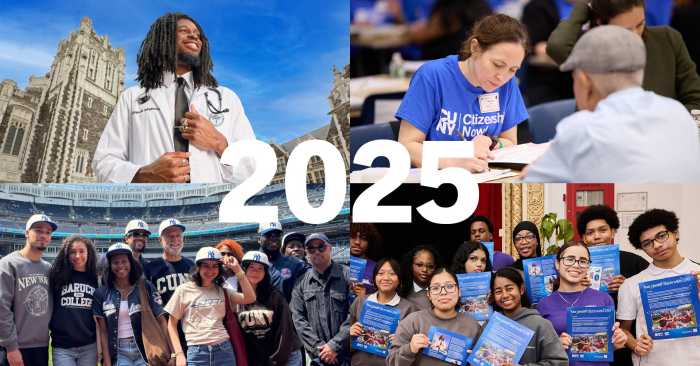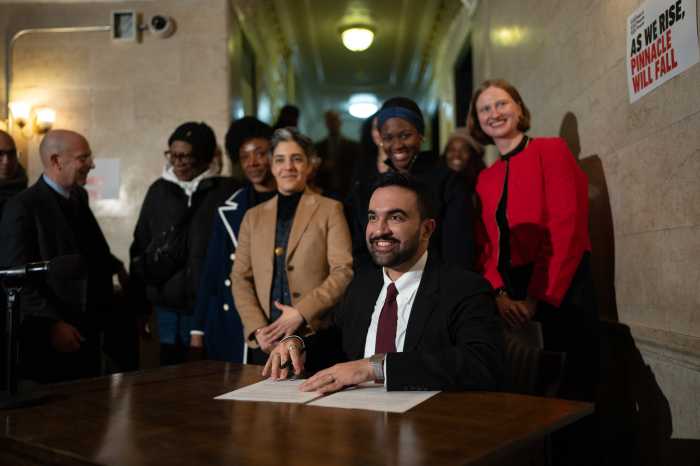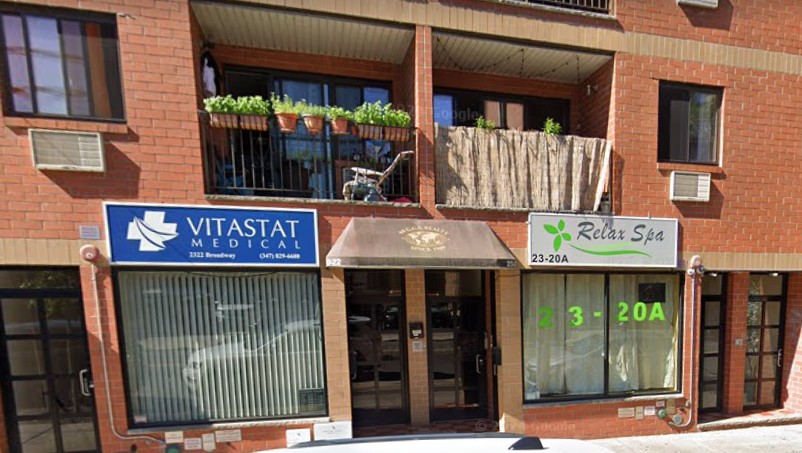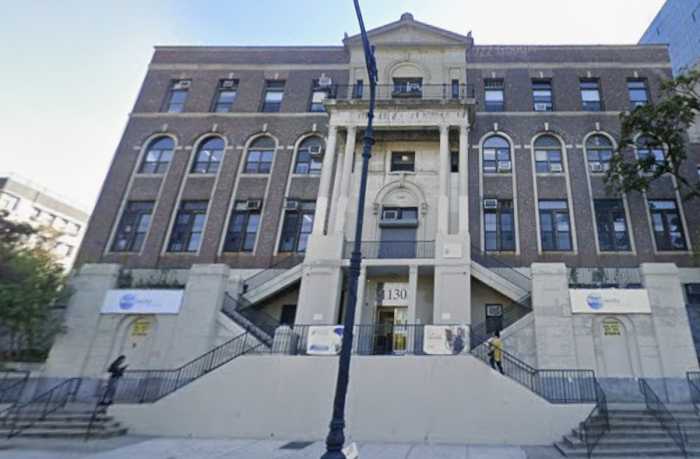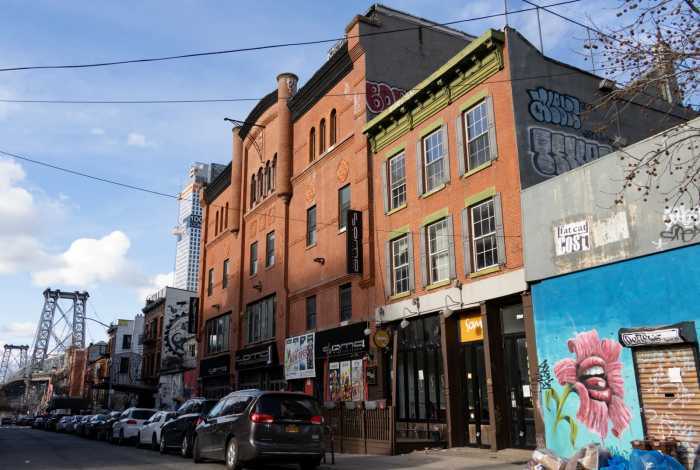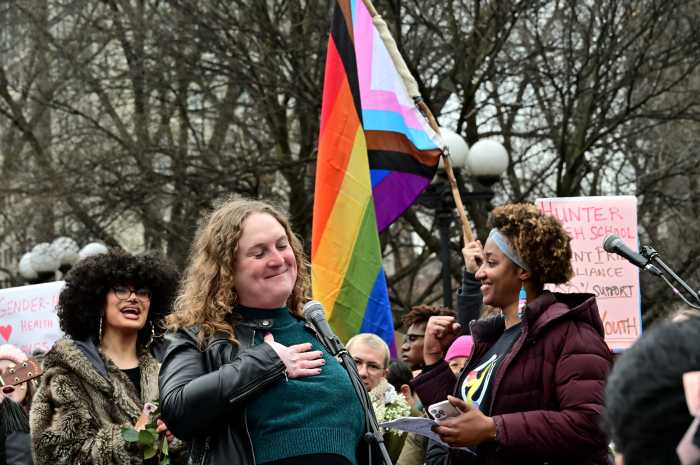The NYPD arrests thousands of people every month. The vast majority of them are for low-level offenses, and in most of them some form of personal property is seized, including cash, phones, cars, even identification documents and prescription medicine. The process for getting property back after a case is dismissed or terminated is complicated and, as a result, millions in seized cash go “unclaimed,” according to NYPD budget documents.
Outgoing Commissioner Bill Bratton has praised property seizure and civil-forfeiture practices as among “the most effective enforcement techniques” in broken-windows policing.
Like stop-and-frisk and other broken-windows tactics, property seizures disproportionately affect low-income communities of color, and the consequences can be devastating. The NYPD’s Office of the Inspector General has concluded that broken windows has caused enormous harm to minorities.
Take the case of Jose from the South Bronx. Last year, he was pulled over while stopped at a red light because his car was protruding into the crosswalk. The officers asked Jose (not using his last name to protect his identity) whether he had been smoking marijuana and he admitted to having smoked a joint earlier. The officers asked him to step out of the car and strip searched him in the street. They found some pot, seized more than $1,000 in cash wages, and took him to the precinct. It took more than four months to get the money back, and that was only after multiple inquiries with the NYPD and a complaint with a court.
Property confiscation is a civil process so there’s no right to counsel if you can’t afford a lawyer. Without our intervention, Jose’s money would have probably gone “unclaimed.” At The Bronx Defenders, we represent hundreds of low-income residents in the south Bronx. The area is one of the most over-policed, and when our clients can’t get back the seized cash that can mean an eviction or cut-off utilities. The Bronx also has the highest percentage of unbanked and underbanked people in NYC so our clients are more likely carry their wages in cash.
Still, the NYPD does not publicly account for why it is keeping so much money from low-level arrests, or what it is doing with the millions of dollars seized. It also failed has to provide a meaningful response to requests for these records under the state’s Freedom of Information Law. My organization has asked the state Supreme Court to compel the NYPD to release the information.
Also, there’s a bill by City Council members Ritchie Torres and Daniel Garodnick that would require the NYPD to report seized property data annually. The bill is scheduled for a hearing Thursday and has 37 co-sponsors, a veto-proof majority.
Whether through litigation or legislation, New Yorkers must have access to full information regarding the practices.
It’s time for the NYPD to open its books.
Adam Shoop is an attorney in the civil action practice at The Bronx Defenders.



